100 Year History Challenge : The Characteristics of Settler life and Black African life in Southern Rhodesia(now Zimbabwe) in 1918 when World War 1 ended
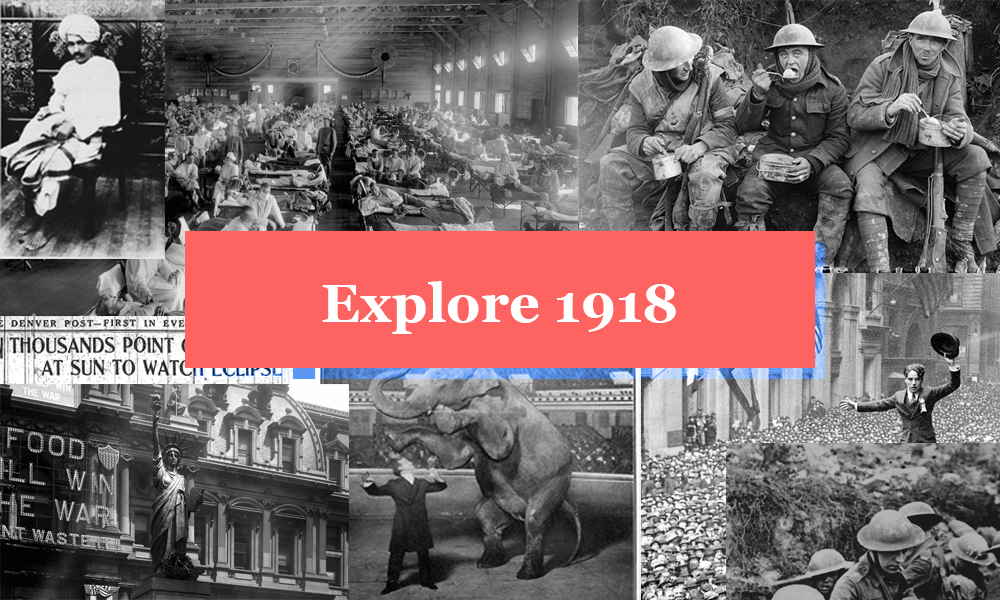
This is my entry into the history challenge by @sndbox and @phillyhistory .Special thanks to @sndbox and @phillyhistory . I didn't know there were other Historians and History lovers here. So therefore this article contains information that I gained from my History and International Affairs studies. Please note that I divided some categories according to racial activities because these people were doing completely different things during this period.I am no racist or discriminator of anyone but just trying to show you the spirit of the times from my region.It was during the early days of the Colonial Era.
The history from my side
Most people do not know that Africans assisted during the 1st World War of 1914 when the Central Powers and Allies fought resulting in the defeat of the former. The Central Powers where defeated leading them to sign some treaties that would make them pay war reparations. The reparations where too harsh for the Central Powers for this sparked the rise of Hitler who believed the Versailles treaty was unfair to his countrymen. If you want to know who were the Allied Powers or Central Powers check the pictures below:
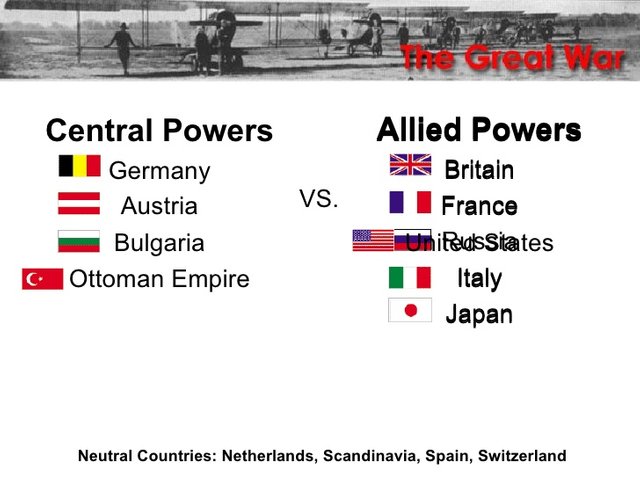
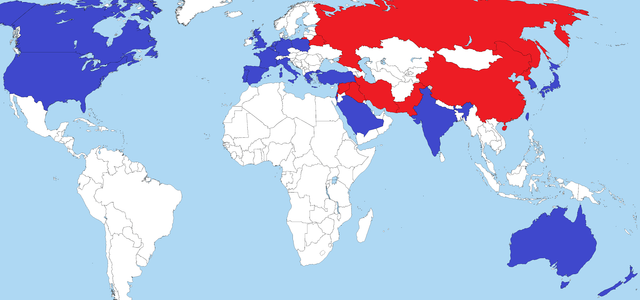
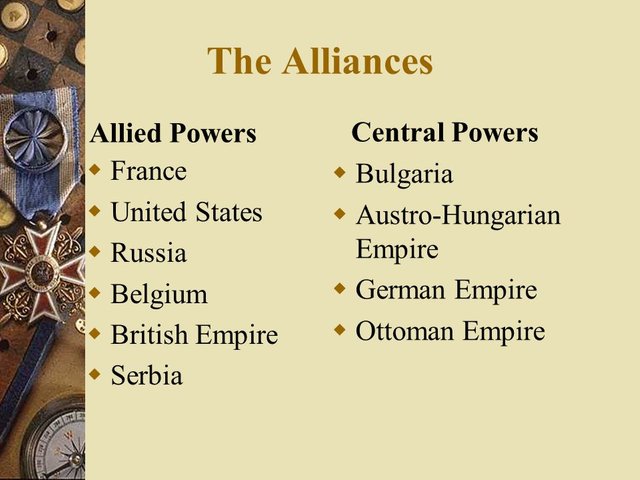
Whilst the history of World War 1 is known by many all over the world I am going to write about the African and Settler experiences in 1918 in relation to this Great War. I will give this information with specific reference to the Eastern/Central/Southern African nation of Zimbabwe which was known as Southern Rhodesia at the time.
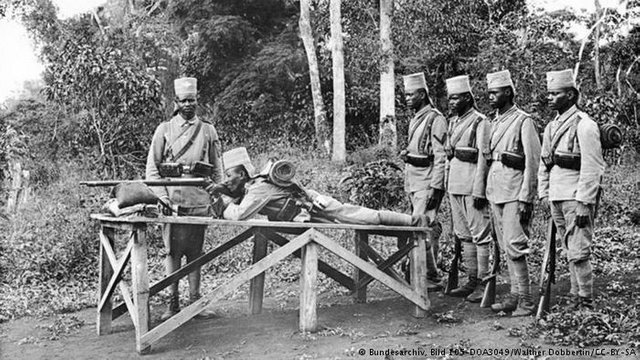
During the conflict, some 2 million people from across Africa were actively involved in the military confrontations, as soldiers or bearers, in Europe and in Africa. At the start of the war, some Africans volunteered to take part, encouraged by the prospect of a modest income. From 1915, the Europeans began conscripting thousands of African men. The French alone sent 450,000 African soldiers from their colonies in West and North Africa to fight against Germany on the frontline in Europe.
Source : http://www.dw.com/en/africa-and-the-first-world-war/a-17573462
Most Africans who joined this war assisted only as subjects of their colonial masters. Africans who fought in his war did so defending the interests of their colonial masters.By this time Britain was the colonial master of Southern Rhodesia although it ruled indirectly via the British South Africa Company. Check the colonial masters during this time below:
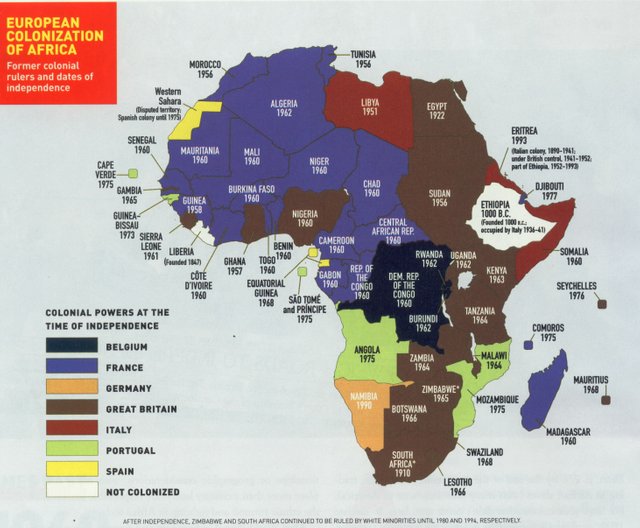
So for Britain and its allies to win the war they where assisted not only by the entrance of Americans in 1916 but also by the man power support they got from their Protectorates and Colonies.
Activities of Southern Rhodesian Africans in 1918
Many Africans assisted the British to invade the Germans in German South West Africa(Namibia). Some of these native Zimbabweans never returned home becoming inhabitants of Namibia.
Thousands of Africans in Southern Rhodesian were conscripted into the Rhodesian and South African armies to assist the British against the Central Powers both in Africa and in Europe.
Southern Rhodesian Africans assisted the British settlers through being their baggage carriers and cooks both abroad and on the African mainland.
Activities of the white Southern Rhodesians in 1918
- Assisted the British to defeat the Central Powers both in Africa and Europe.
Southern Rhodesian African Expectations, Hopes and Results in 1918
- After having assisted their colonial masters the Africans expected the removal of some of the harsh laws militated against them before 1918. They thought their white brothers would finally remove the harsh laws like these below:
The Hut Tax was enacted to raise revenue for the whites. This forced black men to look for work in farms and mines as the tax was paid in cash.
The Land Bank Act 1912 provided for white settler farmer with free tillage for five years and the grace period of five years to repay the loans.
The European Produce Act 1917 was passed and it discriminated Africans in so far as agricultural production was concerned. It restricted the quality Africans could market and the prices the product could fetch
Source: A Level Zimbabwean History Guide
Some roles played by black troops where not recorded in the national archives resulting the role of Africans being undermined more.
Most Africans never celebrated their involvement in the war as this was seen as perpetuating settler interests than those of the natives.
Some Africans who assisted were also happy to have defeated the Germans although it was mainly the victory of the white community.
Some Africans found themselves working in urban areas for the whites. These where the 1st urban areas for Zimbabwe e.g Harare and Mutare.
Changes and developments for the white Southern Rhodesians in 1918
Most Rhodesians(mostly of British origin) were proud of having succeeded in the war assisting the Allied powers.
The war became a source of national pride for them.
With the defeat of Germany and its loss of German West Africa( Now Namibia) some few white settlers migrated to occupy Namibia and Tanganyika(Now Tanzania) since they were now under the supervision and administration of Britain.
Also plans to make present-day Zimbabwe and South Africa Responsible Governments were being planed by the whites. They wanted these to be like Australia, New Zealand and Canada.In 1918 some of the Rhodesian whites where planning to push out all Africans out of present-day Zimbabwe and relocate them to Bechuanaland(now Botswana). However this was not done since it was seen as very expensive. If it would have happened it would have changed the History of Southern Africa as we know it today.
After the World War 1 the Rhodesian whites now wanted to do away with the British South Africa Company(BSAC) running Southern Rhodesia resulting in them being granted a Responsible Government status in 1923. Many whites were happy because they thought in future they would be like Australia, New Zealand and Canada. This explains why Ian Smith later declared the UDI some years later.
According to Stapleton Britain now regarded S.Rhodesia ''more mature and deserving'' resulting them gaining the Responsible Government mentioned above. Source
1918 : Effects on women and gender relations
As for women and children there where no noticeable changes when it comes to their rights
The gender relations of both the whites and blacks in S.Rhodesia remained favorably patriarchal until the 1980s.
Bibliography/ Sources and Pages:
1 . Mavuru S, Nyanhanda-Ratsauka African History Step Ahead Book 3 p 40
2 . Mukanya.S, Dynamics of History: Book 3 pp 23- 30
3 . Shoko.G, Magate.M, A Level Zimbabwean History Guide p 57
4 . Stapleton. T, No Insignificant Part: The Rhodesia Native Regiment in the East Africa Campaign of the First World War. pp. 296-297
Websites accessed 20 January 2018 :
1 . http://www.dw.com/en/africa-and-the-first-world-war/a-17573462
superb post.. insightful..
thank @dpatcher ......wish you the best this year
great post
thank you sir....I am honored
Nice post
thanks pal........I appreciate your support
Interesting post
I am glad you said so........good day pal
Amazing post. Thank you for sharing. Best wishes @MyRoute86
thank you mam..........I appreciate your support........merry 2018
You welcome. Merry 2018, too!
Great post, i really learnt a lot from this, its good to know our history cos it will help us shape our future
yes true true @royaltiesboss-eu I am glad you liked this
Nice post, history is something we should know
yes true true pal.......its essential for us not to repeat our past mistakes and change for the best
wow great historical post you have a good writing power
Oh thanks ........I am glad you liked it......wish you the best his year
Great job am in support
thanks you my pal @perky-d4
well researched information!
oh thank you @claudiasz .........wish you the best this 2018